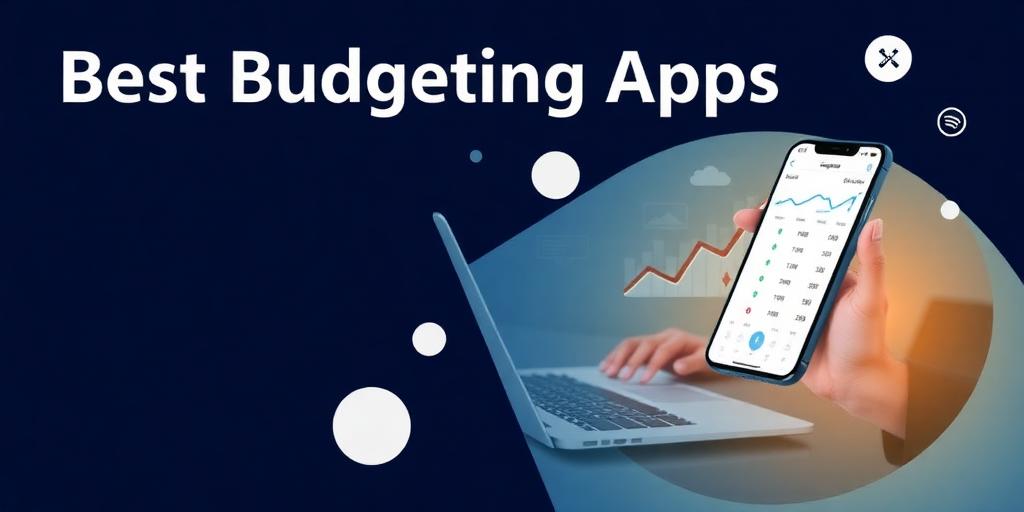Best Budgeting Apps to Take Control of Your Finances
In today's financial landscape, effectively managing your money is more crucial than ever. Budgeting apps have emerged as powerful tools to help you gain insights into your spending habits, set financial goals, and achieve long-term stability. We've carefully reviewed the top budgeting apps available, highlighting their key features, benefits, and pricing to help you make an informed decision.
1. Mint
Overview: Mint is a free, web-based budgeting app that integrates all your financial accounts into one place. It automatically tracks your spending, categorizes transactions, and provides a clear overview of your financial health.
Key Features:
- Account aggregation
- Bill tracking and reminders
- Credit score monitoring
- Budgeting tools
Pros:
- Free to use
- User-friendly interface
- Comprehensive financial tracking
Cons:
- Ads can be intrusive
- Limited customization options
2. YNAB (You Need a Budget)
Overview: YNAB takes a proactive approach to budgeting by focusing on four key rules: give every dollar a job, embrace your true expenses, roll with the punches, and age your money. This method helps you break the paycheck-to-paycheck cycle and achieve your financial goals.
Key Features:
- Zero-based budgeting
- Goal setting
- Real-time expense tracking
- Debt management tools
Pros:
- Effective budgeting methodology
- Strong community support
- Detailed reporting
Cons:
- Subscription fee required
- Steeper learning curve
3. Personal Capital
Overview: Personal Capital is a financial management tool that combines budgeting, investment tracking, and retirement planning. It provides a holistic view of your financial situation, making it ideal for individuals with diverse financial portfolios.
Key Features:
- Investment tracking
- Retirement planning tools
- Net worth tracking
- Budgeting and expense tracking
Pros:
- Comprehensive financial overview
- Free financial planning tools
- Ideal for investors
Cons:
- Less focus on budgeting compared to other apps
- Upselling of financial advisory services
4. PocketGuard
Overview: PocketGuard simplifies budgeting by focusing on what's left after paying your bills. It helps you visualize how much money you have available to spend, preventing overspending and promoting financial awareness.
Key Features:
- Bill tracking and projections
- Automatic expense categorization
- Spending limits
- Debt payoff planning
Pros:
- Simple and intuitive interface
- Effective for tracking spending
- Budgeting on the go
Cons:
- Limited investment tracking
- Fewer customization options
5. EveryDollar
Overview: EveryDollar is a budgeting app created by Dave Ramsey's company, Ramsey Solutions. It follows a zero-based budgeting approach, ensuring that every dollar is accounted for. It is designed to help users eliminate debt and achieve financial freedom.
Key Features:
- Zero-based budgeting
- Debt tracking
- Goal setting
Pros:
- Adheres to proven budgeting principles
- User-friendly interface
- Educational resources
Cons:
- Subscription required for premium features
- Less flexible compared to other apps
Conclusion
Choosing the right budgeting app depends on your unique financial situation and preferences. Whether you need a simple expense tracker or a comprehensive financial management tool, there's an app to meet your needs. By leveraging these resources, you can gain better control of your finances and work toward a more secure future.
Long-tail Keywords:
- best budgeting apps for beginners
- budgeting apps with free trials
- budgeting apps for debt management
- top-rated personal finance apps
- budgeting apps with investment tracking









